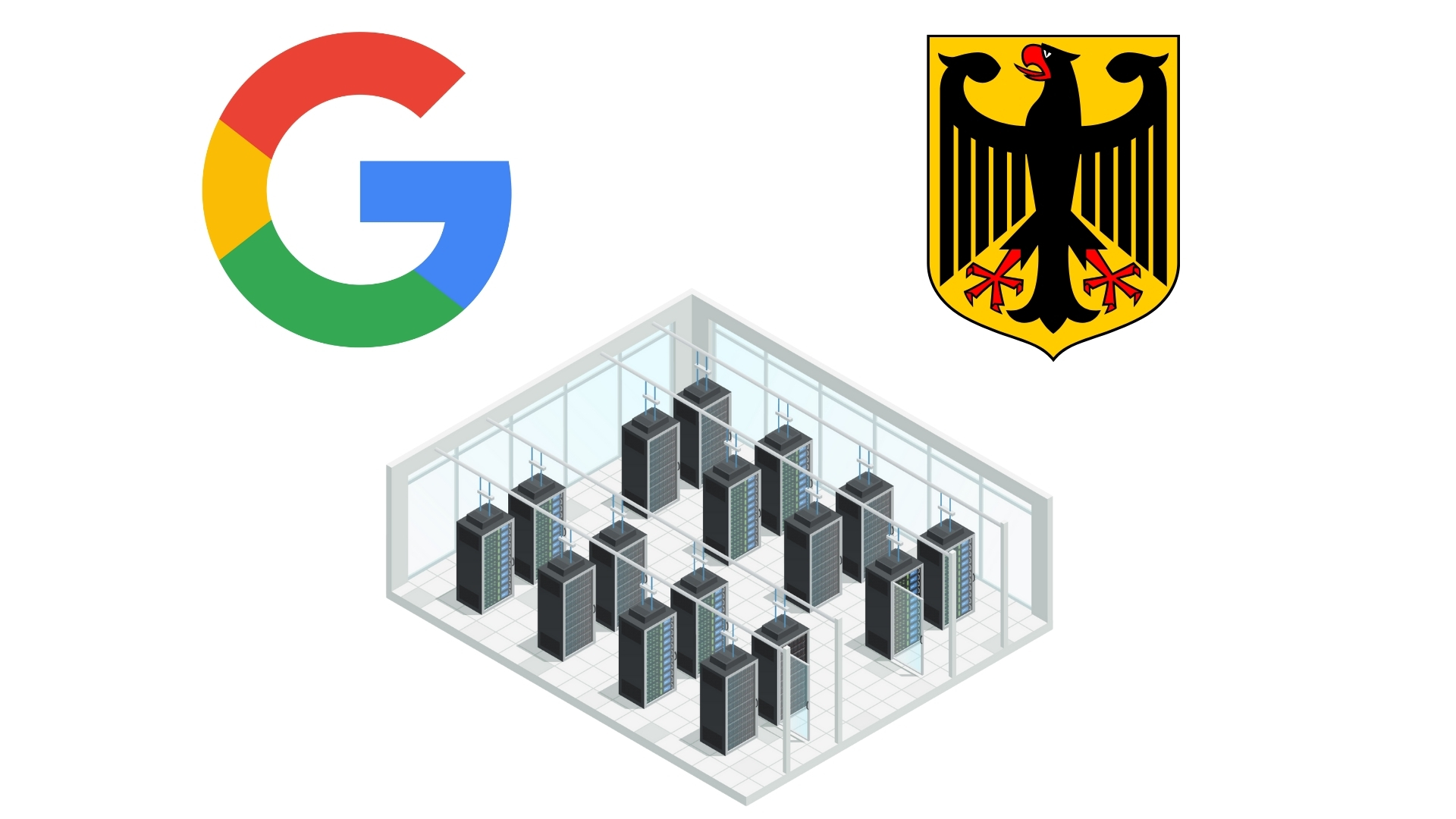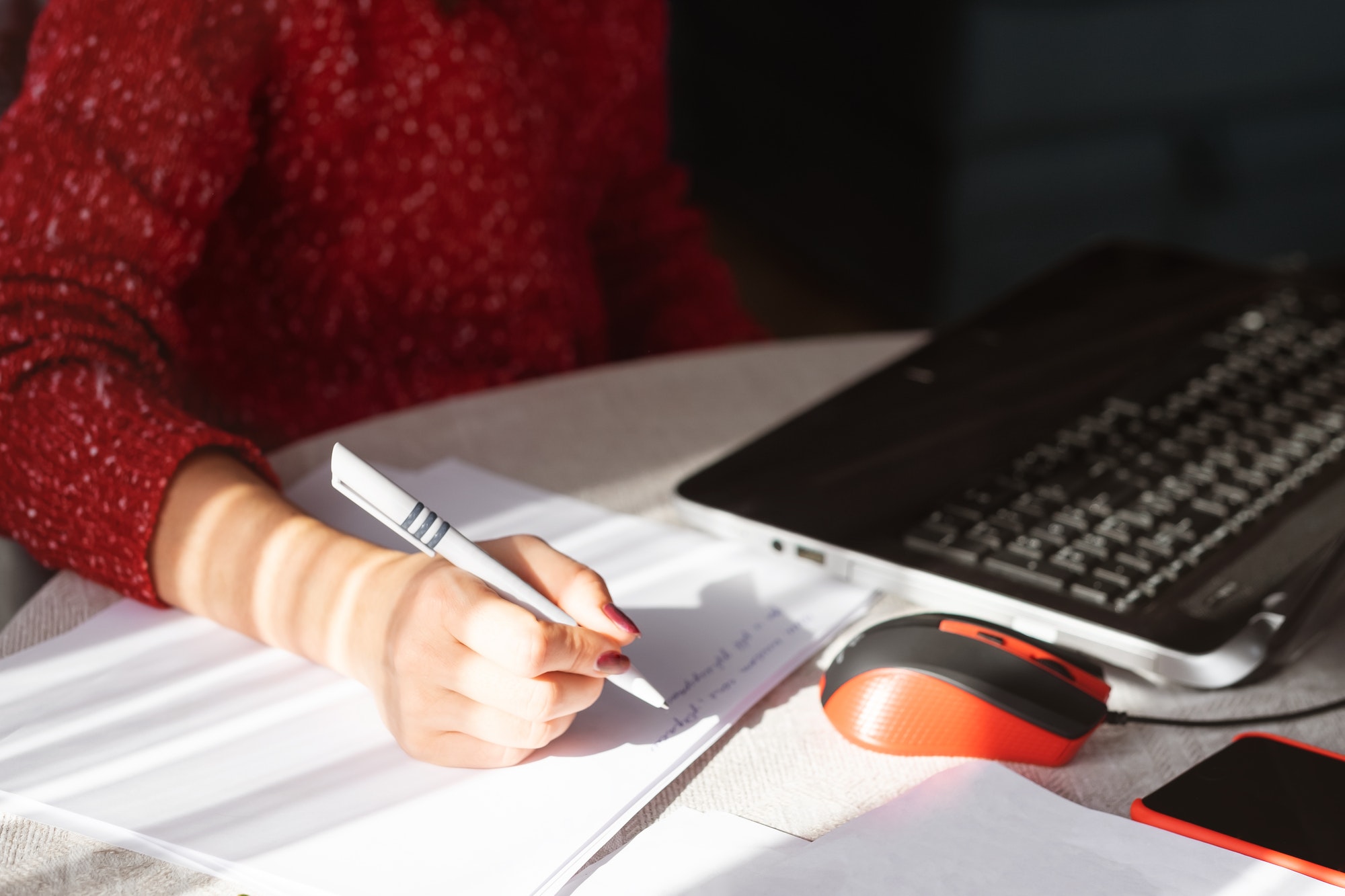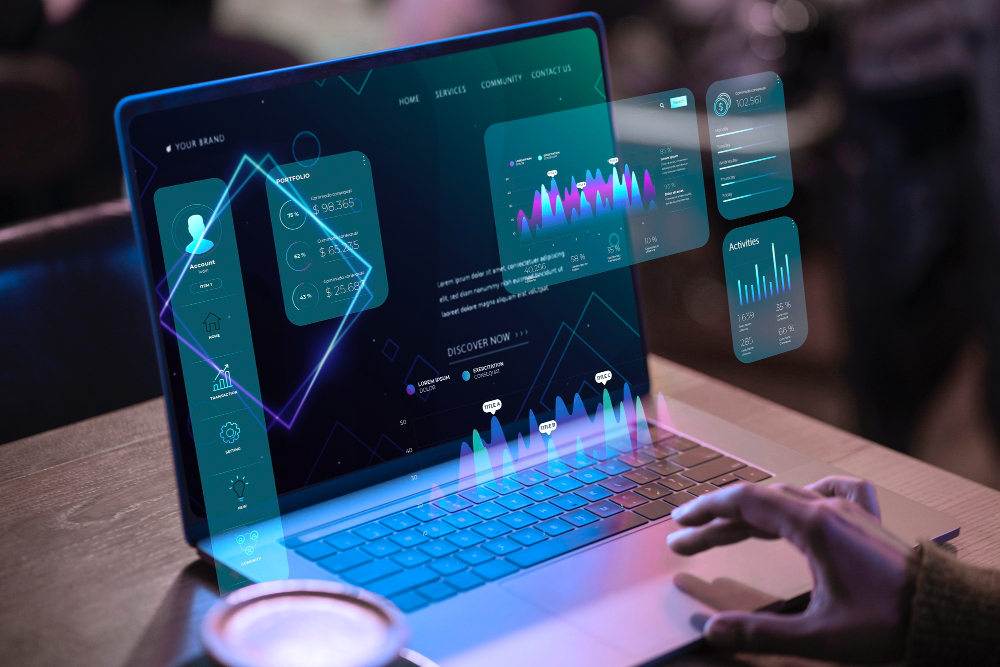England will introduce AI-generated attendance targets for each school, setting tailored improvement baselines based on the context and needs of each school. Schools with higher absence rates will be paired with strong performers for support. Thirty-six new Attendance and Behaviour Hubs will help drive the rollout.
Education Secretary Bridget Phillipson said raising attendance is essential for opportunity. She highlighted the progress made since the pandemic, but noted that variation remains too high. The AI targets aim to disseminate effective practices across all schools.
A new toolkit will guide schools through key transition points, such as the transition from Year 7 to Year 8. CHS South in Manchester is highlighted for using summer family activities to ease anxiety. Officials say early engagement can stabilise attendance.
CHS South Deputy Head Sue Burke said the goal is to ensure no pupil feels left out. She credited the attendance team for combining support with firm expectations. The model is presented as a template for broader adoption.
The policy blends AI analysis with pastoral strategies to address entrenched absence. Ministers argue that consistent attendance drives long-term outcomes. The UK government expects personalised targets and shared practice to embed lasting improvement.
Would you like to learn more about AI, tech, and digital diplomacy? If so, ask our Diplo chatbot!









